
Growing Better Bivalves: Science, local knowledge enhance N.C. business
A partnership between a scientist and a fishermen leads to a promising business venture with ecological benefits thanks to support from North Carolina Sea Grant.
Scroll down to view posts

A partnership between a scientist and a fishermen leads to a promising business venture with ecological benefits thanks to support from North Carolina Sea Grant.

North Carolina Sea Grant connects students of all ages with the coast through outreach and research, including new studies on middle-school students’ climate literacy.

For more than a decade, North Carolina Sea Grant has worked directly with the N.C. Division of Marine Fisheries to provide a fellowship that helps to identify management strategies for important fisheries.
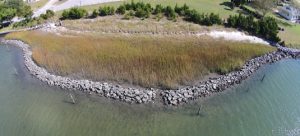
In the spirit of the collaborative nature of NOAA's Sentinal Site Program, Sea Grant provides coordinators to foster relationships among the various partners studying sea level rise and addressing community resilience.
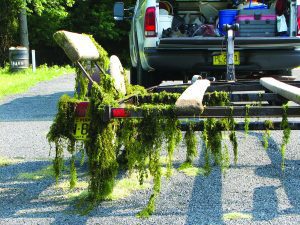
North Carolina Sea Grant works with citizen scientists to collect data on an invasive aquatic plant and with state partners to raise awareness on the threat that the plant presents in North Carolina.
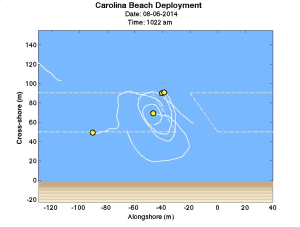
Rip currents account for 80 percent of beach rescues. North Carolina Sea Grant's data-logging drifters identify patterns in this beach hazard.
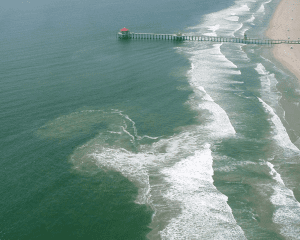
Federal, state, and local partners come together to discuss the forecasting and communication of rip currents and other coastal hazards on the eve of beach season.
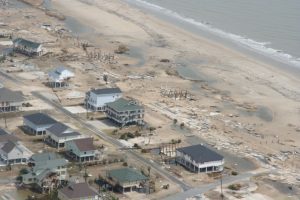
As Hurricane Season begins, Sea Grant continues to prepare coastal communities for hurricanes and coastal storms. Learning from past events, Sea Grant aims to strengthen the resilience of infrastructure and empower coastal residents.
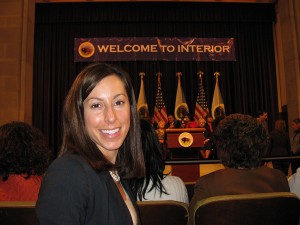
“I use the skills I gained from my experience as a Knauss fellow on a daily basis in my career. The writing and policy analysis skills that I developed as a fellow have been critical. In addition, while at the Commission, we worked with 16 commissioners with diverse backgrounds to develop a consensus report. The experience of working with a group like that to evaluate stakeholder input, discuss policy ideas and develop recommendations has been valuable.” – Angela Gustavson
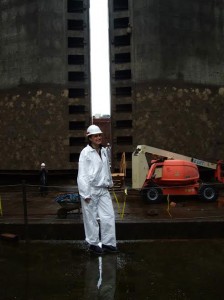
I use so many of the skills and experiences I gained as a Knauss fellow at my current position. I remained in the Army Corps after my fellowship and I continue to work with many of my former coworkers. I learn new things every day about my agency.
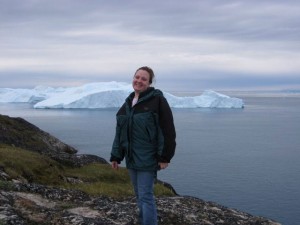
“I truly believe the opportunity that I was given as a Knauss Fellow has led to the fact that I have been in D.C. for 10 years. My job in Sam Farr’s office gave me the launching pad for my career that ultimately led to the White House,” – Jessican Maher
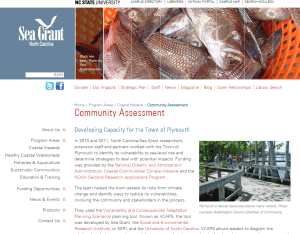
Through the Vulnerability, Consequences, and Adaptation Planning Scenarios (VCAPS) process, North Carolina Sea Grant provides a variety of research and capacity-building initiatives to assist communities in assessing risks and providing support for developing approaches to manage that risk as appropriate.
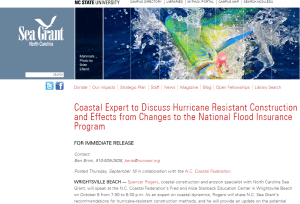
Officials at the state and local level, as well as property owners, seek North Carolina Sea Grant for technical expertise and to work with federal partners to find solutions for new and existing building adaptations that result in increased community resilience.
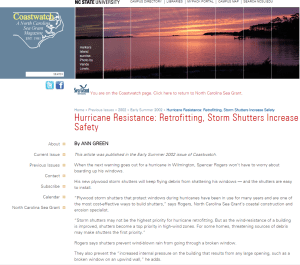
North Carolina Sea Grant extension partners with the N.C. Department of Insurance and the Institute for Businesses and Home Safety Fortified training program to increase building and design standards, including workshops to train builders, as well as training for building code inspectors and other professionals.
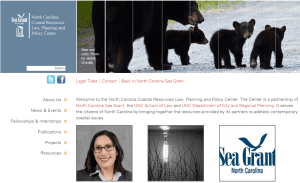
North Carolina Sea Grant and the N.C. Coastal Resources Law, Planning and Policy Center cover a variety of topics related to resiliency.
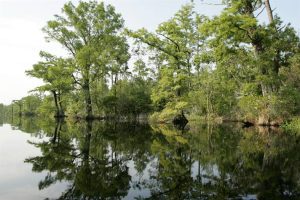
North Carolina Sea Grant funded research to determine impacts of rerouting water into the Alligator River National Wildlife Refuge as part of a proposed wetland restoration project.
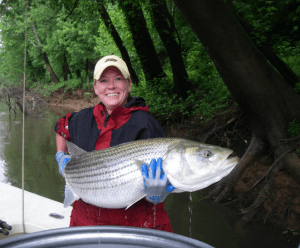
North Carolina Sea Grant develops varied techniques and technologies that address water quality issues. Research teams study the ability of restored wetlands to control runoff, test new sensor technology to monitor water quality in tidal marshes, and verify that fish ear bones, known as otoliths, can identify early-life habitats of fish.
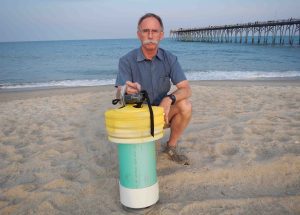
As the summer beach season opens, Spencer Rogers of North Carolina Sea Grant has new tools to better understand dangerous rip currents.
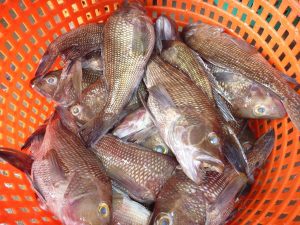
North Carolina Sea Grant has brought together scientists and commercial fishermen to understand the black sea bass population in the South Atlantic. The studies have led to increased catch limits and gear that keeps legal-sized fish while letting out undersized sea bass.
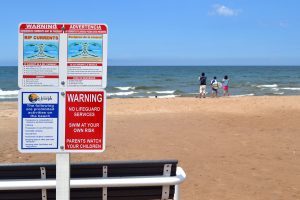
A partnership between Sea Grant, the National Weather Service, and the United States Lifesaving Association will facilitate the collection of real-time data by lifeguards to improve rip current forecasts
The winning projects of the climate adaptation initiative represent a diverse array of regions and challenges, and highlight to power of communities working together to address far-reaching challenges, partnering with universities and government to ensure the best science available is used to inform public decisions.